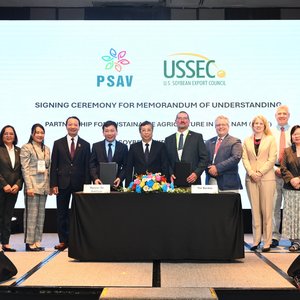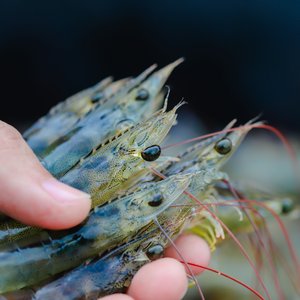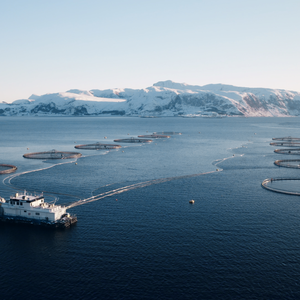Following the Scottish Government’s decision to ban genetically modified crops, scientists are warning that it could hinder future development of the Scottish salmon industry.
They argue that the technology would benefit the salmon farming industry and public health, and are concerned that the decision was taken “without a proper informed debate that takes the scientific evidence fully into consideration,” according to FIS.com.
Richard Lochhead, the Scottish Government’s Rural Affairs Secretary, says he is not prepared to gamble with the future of Scotland’s GBP 14 billion food and drink sector.
Researchers from the University of Stirling’s Institute of Aquaculture, who have been testing and assessing oils from genetically modified oilseed crops developed to provide sustainable sources of long-chain omega-3 fatty acids, point out that these nutrients are recommended as part of a healthy diet because they can protect against cardiovascular diseases and promote heart health.
Scientists say that omega-3 fatty acids have to be included in the diets of farmed fish, both for their own health and to ensure that they have the high levels required to pass on to the consumer.
They also explain that it is necessary to use omega-3 vegetable sources to mimic traditional fishmeal and fish oil, the majority of which is imported, and production of which is finite and limited. There are currently several projects being developed to produce new and sustainable sources of omega 3.
Dr Laura Bellingan, director of science policy at the Royal Society of Biology, stressed: “It would be a huge pity if Scotland did not remain open to embracing the kinds of technological advances that its excellent universities and others could contribute to productive farming.”
“Genetic modification is not in principle at odds with farming practice and food production that provides environmental benefit. Being open to case by case decisions on the use of safety-tested crops could provide more opportunity to consider potential benefits and impacts on the public, producers and the environment,” she said.
Source: www.fis.com. Read the full story here.










